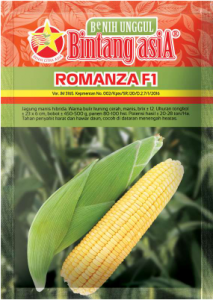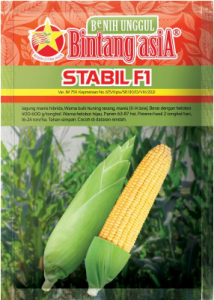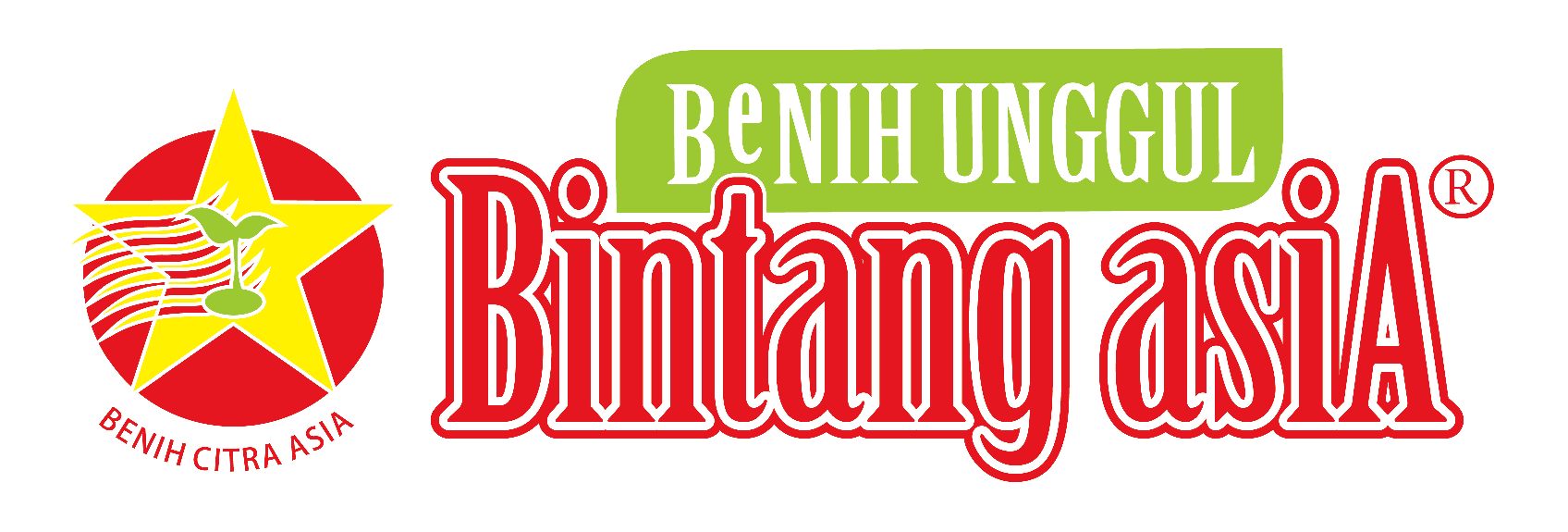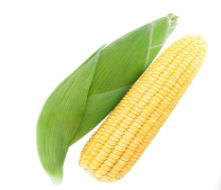Sweet corn, with its golden kernels bursting with flavor, holds a cherished place in many cuisines worldwide. Cultivating this delectable crop offers a plethora of benefits, ranging from its nutritional value to its versatility in culinary creations. Let’s delve into the manifold advantages of growing sweet corn.
Sweet corn isn’t just a treat for the taste buds; it’s a nutritional powerhouse. Rich in essential vitamins like B-complex and minerals such as zinc and magnesium, it contributes to a balanced diet. Its high fiber content aids digestion and helps maintain gut health, while antioxidants like zeaxanthin and lutein support eye health.
ROMANZA F1 Bintang asia

From a farming perspective, sweet corn offers several advantages. It’s relatively easy to grow and adaptable to various climates, making it a versatile option for many regions. Additionally, it grows quickly, providing a relatively short harvest period compared to other crops, which is advantageous for crop rotation and maximizing field usage.
Culinary Versatility:
Sweet corn’s culinary flexibility is a chef’s dream. It’s a star ingredient in numerous dishes worldwide, from salads and soups to main courses and snacks. Its sweetness can complement savory flavors or stand alone as the hero of a dish. Whether grilled on the cob, blended into creamy soups, or incorporated into vibrant salads, sweet corn adds a delightful texture and taste to any recipe.
Economic Benefits:
Cultivating sweet corn can also bring economic advantages to farmers and communities. Its popularity ensures a steady demand in local markets and grocery stores, providing a reliable income source. Furthermore, its versatility opens up avenues for value addition, such as processing it into canned goods, frozen corn, or even specialized products like corn flour or tortillas, thereby expanding market opportunities.
Environmental Contributions:
Believe it or not, sweet corn cultivation can have positive environmental impacts too. It acts as a cover crop, reducing soil erosion and improving soil health. Moreover, when integrated into sustainable farming practices, such as crop rotation or companion planting, sweet corn can contribute to biodiversity and reduce the need for synthetic pesticides and fertilizers.
STABIL F1 Bintang asia

Community Engagement:
Growing sweet corn can foster community engagement and bonding. It’s a crop that often involves collective effort during planting and harvesting seasons, bringing people together. Community gardens or cooperative farming initiatives centered around sweet corn can promote teamwork and strengthen social ties.
Personal Satisfaction:
For individual growers, the satisfaction of cultivating sweet corn extends beyond its nutritional or economic benefits. There’s a unique joy in watching the cornstalks grow tall, tending to the plants, and finally harvesting the cobs of sweet goodness. It’s a rewarding experience that connects people to the earth and the cycle of life.
In conclusion, the advantages of cultivating sweet corn are plentiful, ranging from nutritional richness and culinary versatility to agricultural adaptability and community engagement. Its golden kernels don’t just provide delicious meals but also contribute to the well-being of both individuals and communities while supporting sustainable agricultural practices. So, whether in a backyard garden or a vast farm field, growing sweet corn brings forth a cornucopia of benefits.
LINK : PRODUCT


